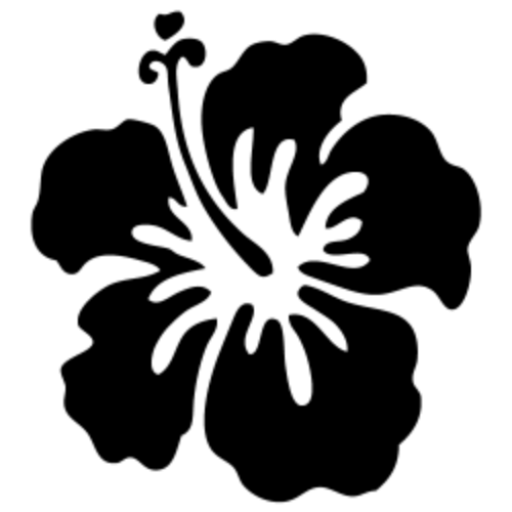DEFINITION
Despite a great number of attempts by linguists to provide an exact definition for the term pidgin, there is still no consensus in terms of meaning. However, the majority of specialists seem to agree on one thing: the term essentially refers to a speech-system created as a mean of communication between speakers who do not share the same language. Since it has no native speakers, a pidgin is considered an artificial language.
ORIGIN
Originally, pidgin was spoke with the purpose of developing commercial exchanges. Moreover, research suggests that its etymology derives from the Chinese pronunciation of the word “business” in a particular period (19th century) when the English and the Chinese mantained commercial and maritime relations.
Other possibility is that the term may be originated from two Chinese characters, which could be translated as pei and tsin (that is, “paying money”). This is also plausible if we think that pidgin was primarily spoke as a trade language.
SIMPLIFIED NATURE
Many people still believe that pidgin is nothing more than a rudimentar language and which has no rules. However, it is important to point out that each pidgin has its own rules and way of constructing sentences without a better or worse form.
In fact, since it is an auxiliary language (that is, it intends to enable the interaction between people who speak different languages) pidgin tends to dispense the elements of a language which may be considered complicated or demand more time in order to be learnt. For this reason, pidgin usually presents a simplified nature, as lack of inflectional morphology.
AROUND THE WORLD
There are many numbers of pidgin (whether still spoken or already extinct) as it can be seen in the following map extracted from the book Pidgins and Creoles: An introduction (1994).

You can find more information about some of them here:
- Eskimo or West Greenlandic Pidgin
- Chinese Pidgin English
- West African Pidgin English
- Pitkern/Norfuk (nowadays it is in process of creolization)
